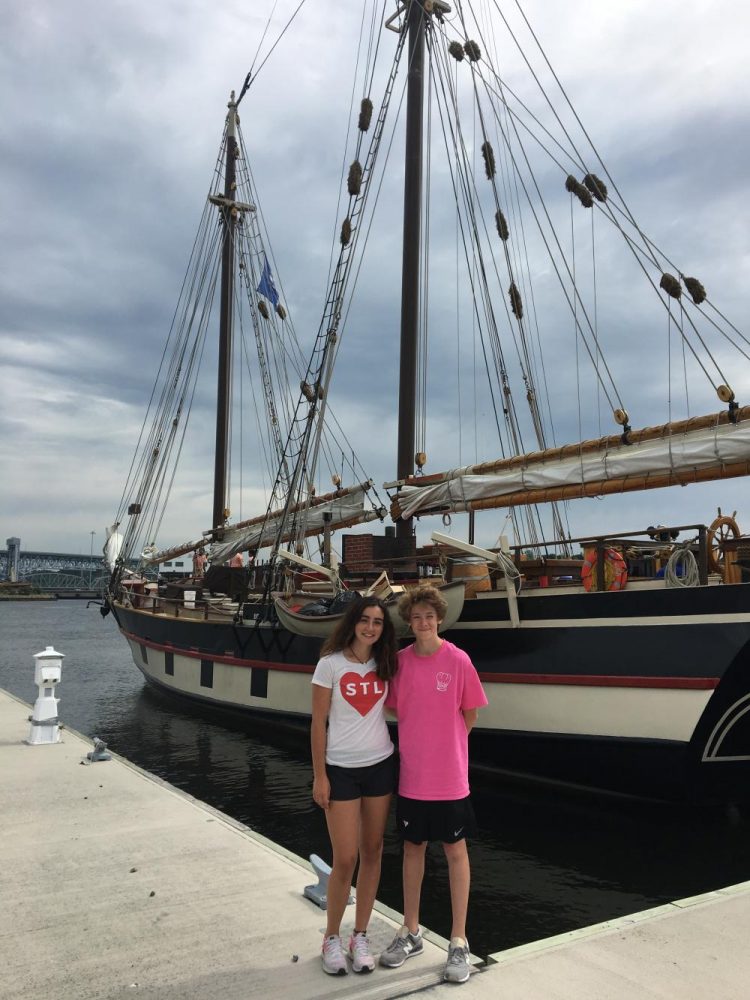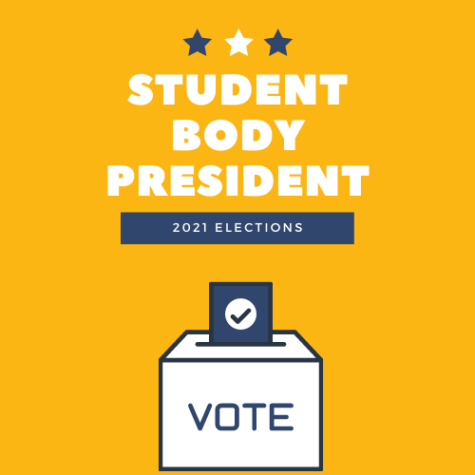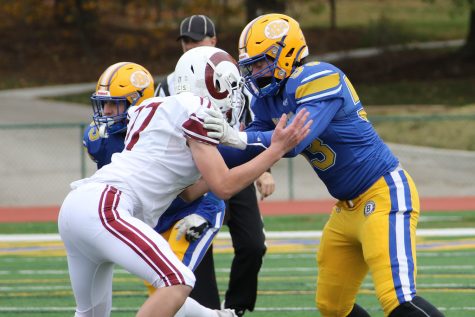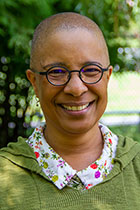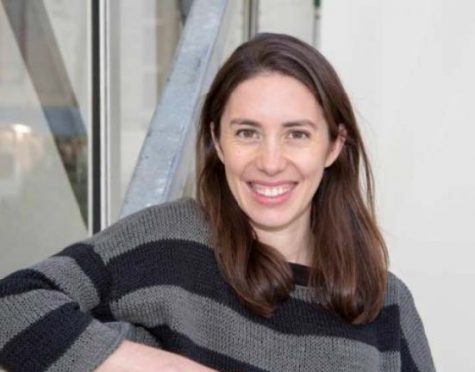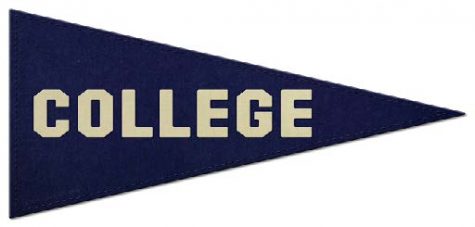Leadership Through GYLI
There are hundreds of self-help books, thousands of online articles, and many successful executives who harp on the topic of how to be a better leader. Leadership is, with-out a doubt, one of the most desired and sought after attributes today.
A group that has been especially committed to developing youngadults within the Burroughs community into better leaders is the Global Youth Leadership Institute, also known as GYLI. The group was founded in 2002 in response to the September 11th attacks. A group of teachers met, and they decided the best way to do so was to build dialogues and relationships with international students. “It is workplace skills and habits that we really foster in GYLI–getting along with others and learning in a deep way–including with the teacher participants. These skills are key, because as students move into college and communities, they will need work and live with people of all ages and backgrounds,” says Matt Nink, executive director of GYLI.
Nink’s ideas about collaboration with others appear in the GYLI mission statement, which reads, “Global Youth Leadership Institute delivers transformative educational programs that foster global pluralism, collaborative leadership, and environmental care and help students and teachers become fully engaged citizens of the world.” GYLI supports collaborative leadership, multi-cultural identity, religious pluralism, and environmental sustainability as their four pillars.
Brian Connor, Burroughs’s theatre design and production teacher and GYLI sponsor, reiterates the same perspective: “GYLI plays a role in leadership development in our community by providing activities and knowledge about leadership theory and practice. GYLI develops young leaders by helping them to understand and value their unique background, and to communicate about culture in a competent and mature fashion.”
The organization holds conferences every summer to help students become better practitioners of their ideals. The first year conference for rising sophomores was held in Rhode Island at Mitchell College. There the students heard speeches covering the four pillars and did team bonding activities based on the ideals of GYLI. These activities included learning how to sail, African drumming, developing leadership plans and more. Hallie Williams ‘20 would certainly recommend the program to rising freshmen. “I learned a lot about my context in the world and how others take their family history and treasure it as part of their own identity,” she recounts, “I’m looking forward to my next few years [of the program].”
At Burroughs, there is ample opportunity for leadership. Thanks to photography teacher Andrew Newman, there is more focus than ever on leadership in clubs and activities. He has revamped the clubs and activities board to fit the new theme. “It asks the simple question, ‘what do we do when we’re not in class?’ Each one of the pictures and statements are examples of students who take an active role helping guide and shape the direction of the school,” Mr. Newman says. “They enhance the quality of school life and the community environment in so many different ways; by taking the initiative to invite guest speakers to assembly to share a mutual curiosity, by performing on stage to share
their talents with us, by supporting athletics and the arts, by going to a play or athletic contest.”
However, there are ways to have an active role within the Burroughs community outside of club leadership. As most will remember, Mr. Newman and Dr. Shannon Koropchak gave a joint soundoff last year about the importance of student government and the role it can play in shaping the community. To recap, Dr. Koropchak encouraged students to elect someone who will make a difference, regardless of
popularity or vocalness.
Dr. Koropchak expands on her thinking: “Having this kind of leadership at the top of a community creates an environment in which every member is, hopefully, comfortable voicing their ideas and concerns and encouraged regularly to reach their greatest potential.
And that greatest potential may very well be serving as a leader in certain aspects of their own lives. I like this possibility of more students (and citizens) looking at themselves as potential leaders because it reminds us of our shared responsibility in solving a community’s problems. Rather than believing that others will or should take care of an issue, students embrace their own agency and become even more connected with the functioning of our world.” She also realizes that, while this isn’t always plausible, we should still try to reach the lofty goal. “Is all of this idealistic? Of course. But to label something as ‘idealistic’ shouldn’t serve as an excuse to not strive for the ideal.”
The topic of leadership will be a big one for generations to come, and, while we can attend all the seminars we want, we as a community and generation still need to work to solve the world’s issues. This means electing candidates based on qualifications and belief, no matter if it is for positions in a student, local, state or federal government, and it means, as individuals, learning about others and their ideas and backgrounds. As Mahatma Ghandi once said, “You must be the change you wish to see
in the world.”
